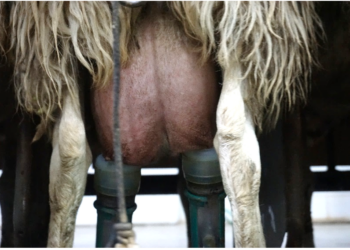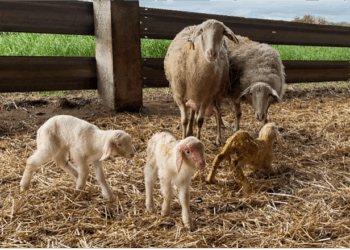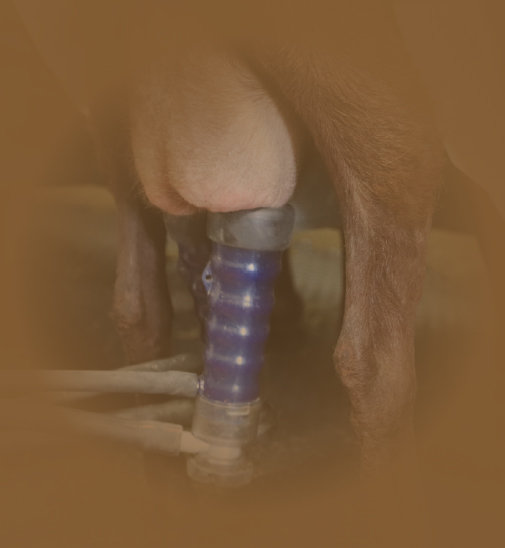A SERIOUS PROBLEM… WHICH WE UNDERESTIMATE. WHY?
In the small ruminant sector, there are many conditions that have a negative effect on production, including abortion and diarrhoea, to name but two.
Of all these, respiratory disease is one of the most important, giving rise to significant economic losses and jeopardising animal welfare on farms.
Despite this, respiratory problems still constitute one of the most common problems found in this setting. Somewhat curiously, it is often considered to be “normal” and not a problem, without taking any measure to control it. How is this possible?.
“Respiratory problems are often not considered a major problem”
The answer is simple: in farming, the importance of any problem is proportional to the cost it entails.
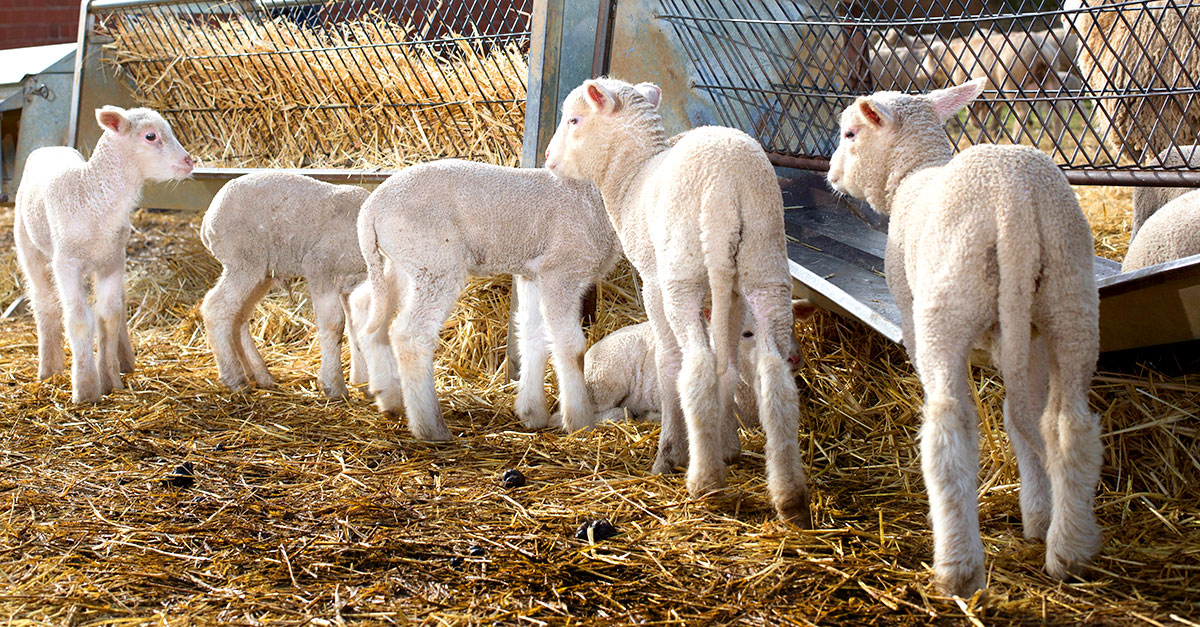
The cost of diseases such as this can be difficult to calculate, which, when coupled with the complexity of its control, difficulty in detecting asymptomatic cases and its high incidence on farms, wrongly lead us to underestimate it, considering the problem to be something we can live with, without attempting to solve it.
ECONOMIC IMPACT: WHAT MUST WE TAKE INTO ACCOUNT?
When considering the cost, we usually only think of deaths due to pneumonia (direct losses). These are serious, easily detectable clinical cases that result in the death or slaughter of the animal. But this is only the tip of the iceberg.

“Deaths due to pneumonia account for only a small part of the total economic impact.”
Indirect losses must also be considered: these are difficult to calculate and have an even greater economic impact than direct losses.
| DIRECT | Death/slaughter | Animals that die or are slaughtered owing to respiratory processes (clinical cases) |
| Treatment | Cost of treatment of symptomatic animals. | |
| INDIRECT | Reduction in production | Meat: lower Average Daily Gain. Delay in reaching slaughter weight. |
| Milk: reduced production, shorter lactation, less lactation. | ||
| Replacement | Increased replacement rate owing to deaths and the shortening of the animal’s productive life. | |
| Other | Infertility problems, treatment for relapses, etc. |
Table 1. The number of sub-clinical cases causing indirect losses is always much higher than clinical cases (direct losses) on sheep and goat farms. Indirect losses are often not taken into account.
INDIRECT LOSSES: THE KEY TO THE PROBLEM!
These losses arise from asymptomatic animals (sub-clinical cases). The proportion of these cases compared to symptomatic cases is enormous. Their diagnosis is complicated and requires a post-mortem examination, which is normally carried out in the abattoir (L.S.B. Mellau et al. 2010).
It is here where we can see the real impact that respiratory disease has on a farm. In abattoir studies, it was observed that 28% of feeder lambs (McRae et al. 2016) and 49% of healthy adult animals (L.M. Ferrer, 2018) slaughtered for consumption had pneumonic lesions.
“28% of feeder lambs and 49% of adult animals had pneumonic lesions”
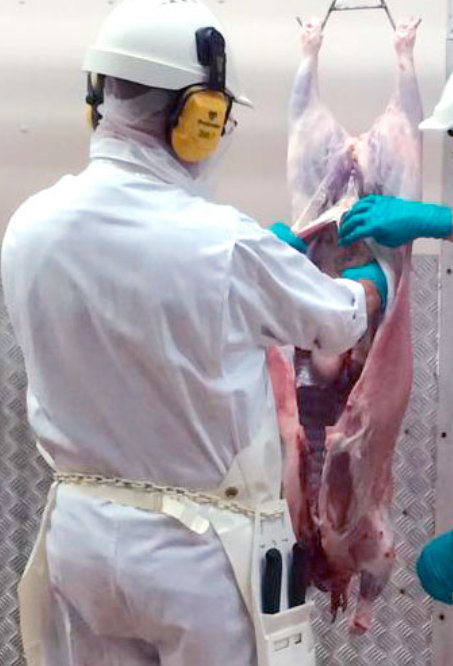
The productive capacity of animals with lung lesions will always be lower than those of healthy animals, resulting in costs that are often unsustainable for the farmer.
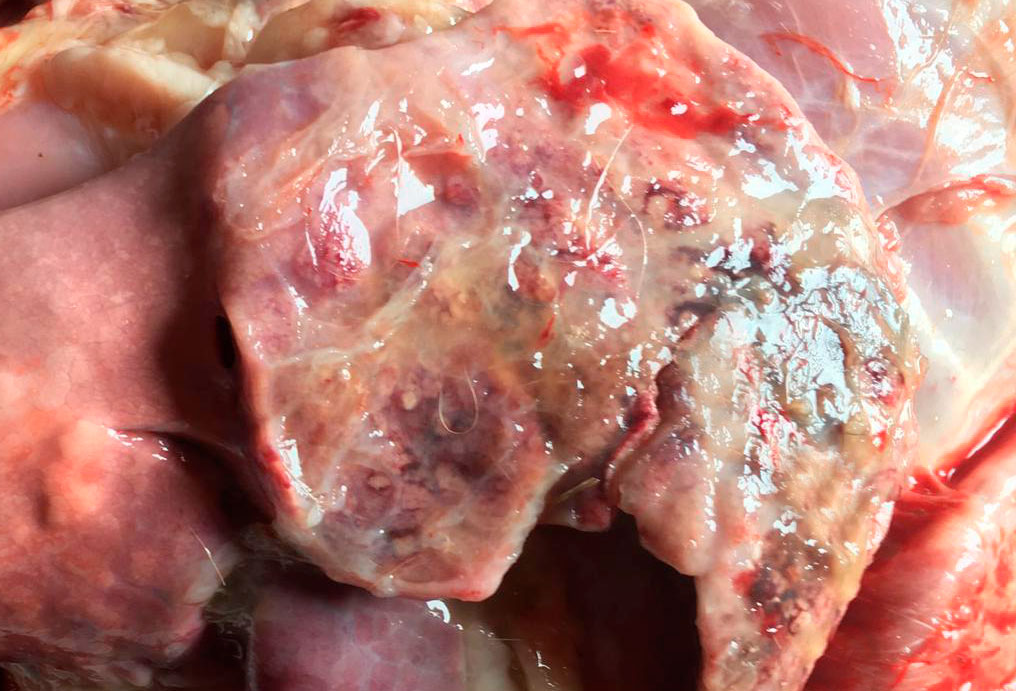
The difficulty in detecting asymptomatic animals, coupled with a very low cure rate (even if they survive, they have lung lesions), makes it even more difficult to understand the severity of the problem.
“In fattening, high treatment failure against Ovine Respiratory Complex: more than 80% survive but less than 20% are lung lesion-free (Gonzalez, J.M. 2015)”
The high percentage of animals with respiratory lesions on farms (with and without symptoms) and their corresponding reduction in production gives us an idea of the immense economic impact that it causes and answers the question about whether this is just another problem…
“Asymptomatic animals with lung lesions will never reach the production levels of healthy animals”
This also opens the door to another question: Should we be doing more to control this problem?
Article written by:
Pablo Núñez Ulibarri. Corporate Product Manager Small Ruminants Unit – HIPRA.
